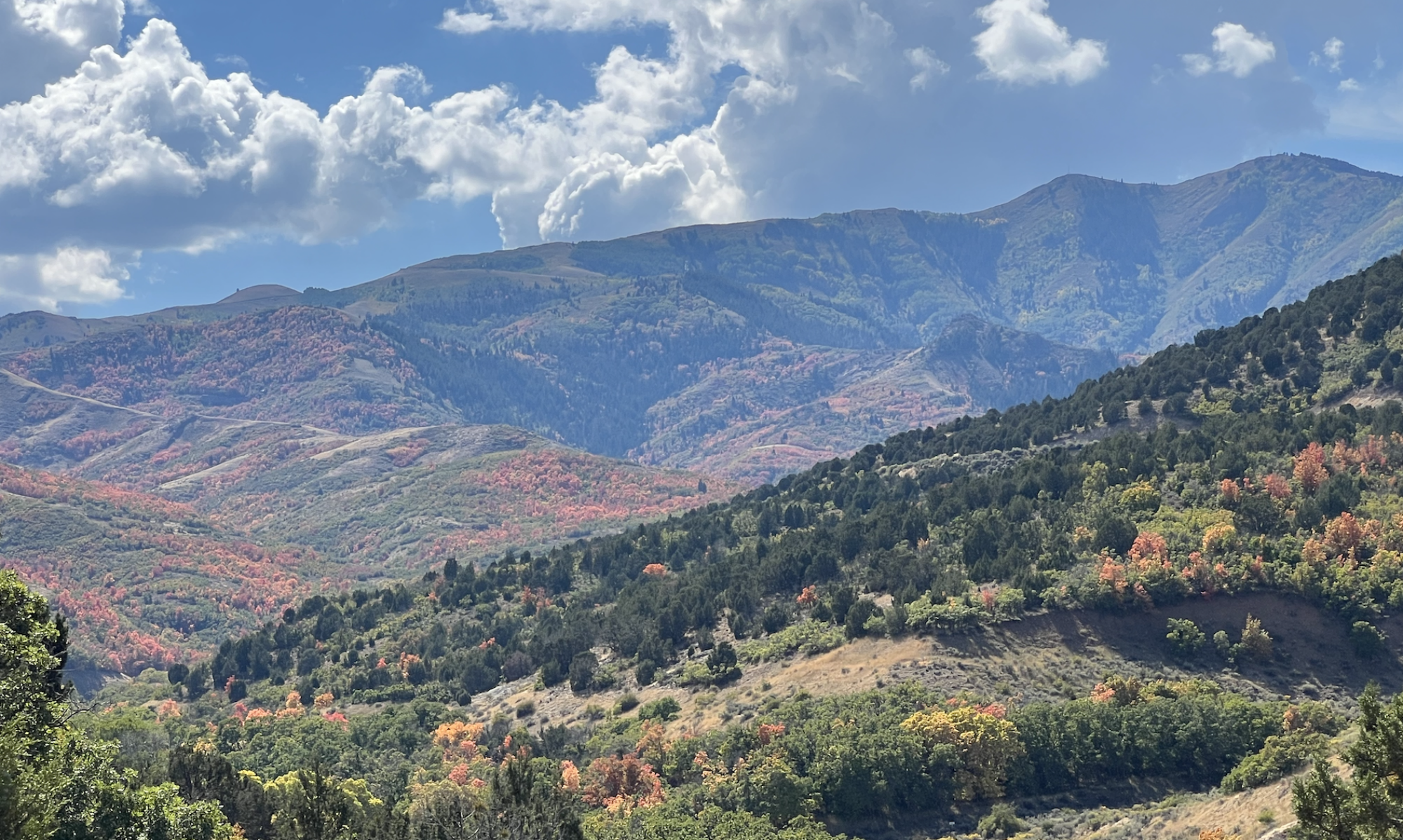“Time” is one of the things I like to think about most. It’s also one of the things that I like to most not think about. Funny, right.
In my life, I’ve had a strong relationship with “time & efficiency.” Using time well. Getting things done. Being responsible. Being tenacious. It’s a good upbringing for me. It’s parents and grandparents that had to work hard to get by. I’m glad to have this orientation in me. It remains rewarding to me to tick a few things off of my list.
And, these days, likely growing in me over the last several years, perhaps even much longer at the pace of a kalpa described below, I have an increasingly strong relationship with “time & contemplation.” Using spaciousness well. Getting the inner work done. Being willing to look with rigor to how my internal creates my outer world. This is good upbringing also. Thoughtful family and friends that have themselves sought to see what is beyond the obvious. I’m glad to have this orientation too. Increasingly so, it feels foundational.
It feels important to me to be willing or able to have a plurality of relationships with time. I don’t commit myself solely to one or the other — therein lays a danger. I’ve always valued the capacity to move between the worlds. It just takes courage, a unique kind, to interrupt the efficiency side of relating to time.
Below is a piece that I read this morning from the Buddhist publication, Lion’s Roar.
Enjoy the stretch and perspective, for a moment, or with great untimedness.
In traditional Buddhist (as well as Hindu) cosmology, kalpas are unfathomably long periods of time. Though they come in different sizes, even a “regular” kalpa is beyond huge: 16,000,000 years. A “great kalpa” is almost 1,300,000,000,000 years.
Sometimes these enormous lengths of time are described in colorful metaphors, such as:
- longer than the time it would take to fill a cube that is 16 miles wide and 16 miles high with mustard seeds, at the rate of one mustard seed every 100 years;
- longer than it would take, at the same once-a-century frequency, for the brushing of an eagle’s wing against a mountain to wear that mountain away;
- longer than it would take for a turtle (one who appears, again, once every 100 years) to randomly poke its head through a ring floating on the ocean’s surface.
Kalpas relate to the nature of the universe itself, describing immeasurably long cycles of creation and destruction. Like modern science, ancient Buddhist cosmology described a universe of almost infinite size, variety, and duration.
The kalpa is often evoked as an encouragement to spiritual practice, reminding us how rare it is to be born human and to hear the Buddhist teachings. “The dharma,” as one Zen chant puts it, “is rarely encountered, even in hundreds of thousands of millions of kalpas.”



